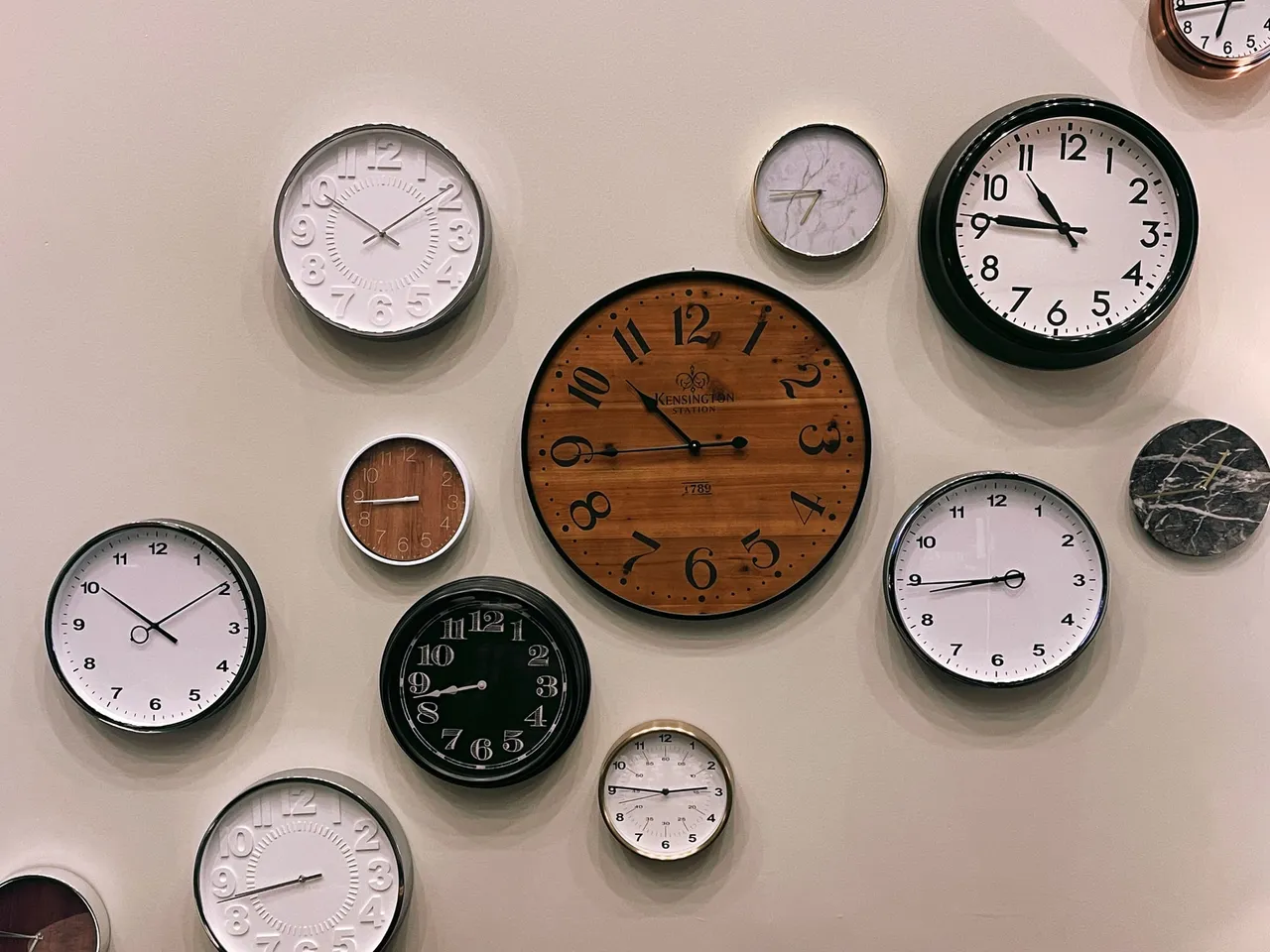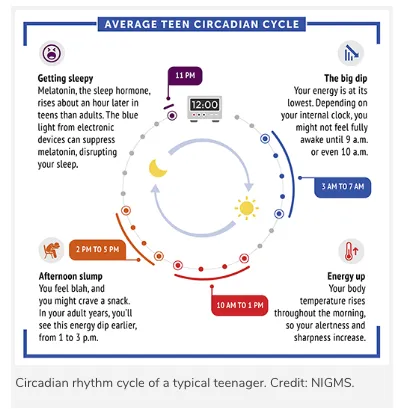I don't know very well what time it is, I suppose that sometimes it happens to all of us, maybe days like the time change happens more to us, tomorrow we will notice it, because tonight in some countries we change the time, to summertime, and tonight it will be shorter, we will lose an hour. From 2:00 a.m. we will go to 3:00 a.m. automatically.
Our life goes by quickly between tick-tocks of the clock, or quick glances at the mobile screen and looking at it again because we have not noticed. Our daily routine is restricted to certain hours and schedules that shape our habits. When we do things is important in our day to day life, but in each place sometimes the times are different or they are perceived at a different pace and this can also affect our customs and more...

Image source (Unsplash.com by Jon Tyson)
For example, in Spain we have always been told that in our country everything is done very late, some foreigners even do not understand when and how much we sleep, if we have time for everything and to go out so much. It is true that for some things it seems that we are more relaxed, but in reality, it is rather a matter of social customs or other imposed that affect our most common habits. We already know that historically Spain was aligned to the same time zone as Germany when in reality, based on its position, we would correspond to the same time zone as the United Kingdom or Portugal. With what in reality we always go wrong for an hour, maybe a little like that crazy...
Specifically, they say it's the Spanish way of life, but we also started to complain because there are some aspects that don't benefit us as much, such as having dinner so late... I don't do it. Perhaps having dinner at 6:00 p.m. is rushed and technically unfeasible due to our chores, at 8:00 p.m. it would be much healthier for our digestion and our sleep. But working hours make all difficult. Will it be possible for us to adapt to a European schedule? Should we also organize work schedules better, right? Should we do it or better keep our idiosyncrasy?
Another example, although it seems that Americans are all workaholics, they are not always as much as we think, but rather they are in an intense interval, that is, they eat at noon very very quickly many times in front of the computer (without losing those hours that here almost we don't know what to do) and yes, they have fewer parties and vacations than us. That's how they do what they have to do at the times they have, period, but in the afternoon they take their briefcases, change their heels for slippers or flip-flops to crowd the subway just at 5 o'clock in the afternoon. Then yes, they can have dinner at 8:00 p.m., 10:00 p.m. or 2:00 a.m., because there in the big cities that never sleep you can actually do what you want, when you want. And this also happens in many places in the world influenced by the rhythms of tourists or nightlife, at any time it will be good for them to sit at their tables. But it is not the daily pattern of its inhabitants.
Many customs are also affected by weather conditions, such as in some cities where it rains so much during spring and summer afternoons that it is often almost impossible to do many things in the city. So as the big supermarkets open 24 hours, there are those who do their shopping at 5 or 6 in the morning before working so as not to end up soaked in the almost daily floods in the afternoon. And in very hot places, work and school days start much earlier. It also happens in very cold places where it gets dark early and it seems that they also end earlier. Everyone takes advantage of the day in the best way, there are many circumstances to consider.
But let's go to the mess, in Europe and in many other countries they change the time twice a year; the last Sunday of October, where we earn an extra hour and this last Sunday of March where they steal an hour of sleep from us. It affects us? Well, yes, some people are affected quite negatively, for different reasons (children, elderly or with special sensitivity...) but although others notice it less and simply feel a little more sleepy or eat a little at the wrong time, yes It also affects us in everything related to our circadian rhythms. A small imbalance that affects moods, fatigue, or other previous pathologies.

Image source (and more info in National Institute of General Medical Sciences)
For that reason, why is it still being done? We have been told since the 1970s when it was introduced that it was for energy savings. But that never was checked. Who benefits from these supposed savings? Have you done the calculation on your bills? It has been seen that it may produce more disadvantages than advantages. In fact, in 2018 a public consultation was held for European citizens, with great participation (some 4.6 million voted) and an overwhelming result: 84% voted against the time change, and of these 93% of Spaniards voted in this same sense, eliminate it.
And what happened? No changes, we keep changing hours, and clocks and watches. That they postponed making a decision and while thinking, postponing, studying and voting... but nothing changes in the "euroburocreacy".
It is clear that zones and schedules can alter our most common habits and our day, for this reason we should consider whether with small changes in routine we can organize better our own time in a slightly more efficient and healthy way, which benefits our lives and health individually, because at the collective level, we will still have to wait and change our time, and we'll see...

Image source (Unsplash.com by Justin Veenema)
Thanks for reading! Enjoy your time and your weekend.

The text is mine ©Duvinca and the photos are from Unsplash.com
I'M ALSO HERE:
Noise.cash / Read.cash / Publish0x / Odysee